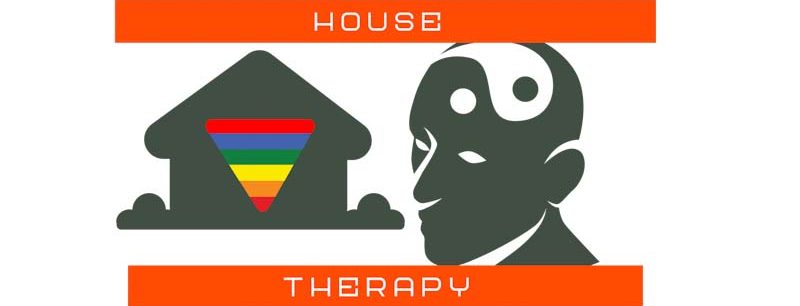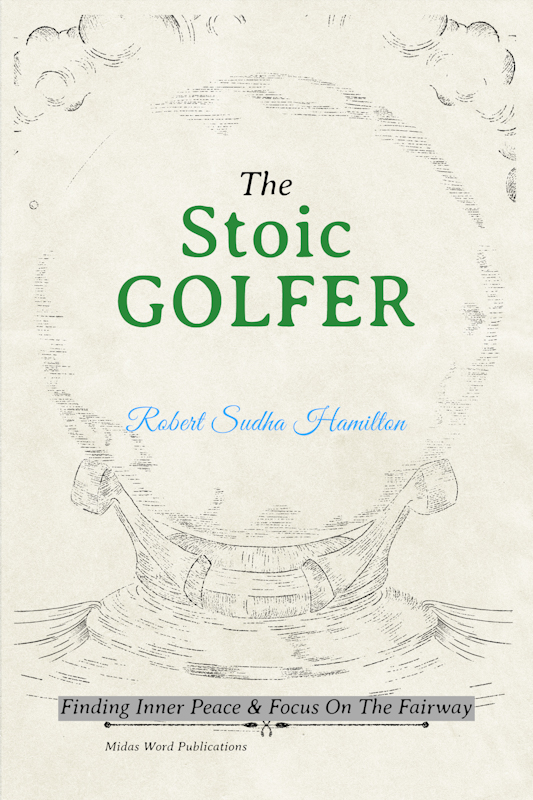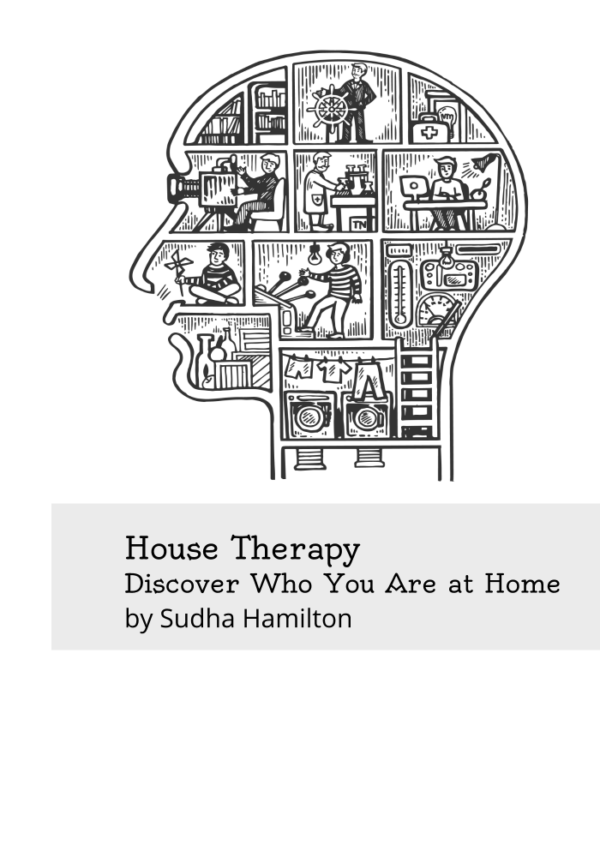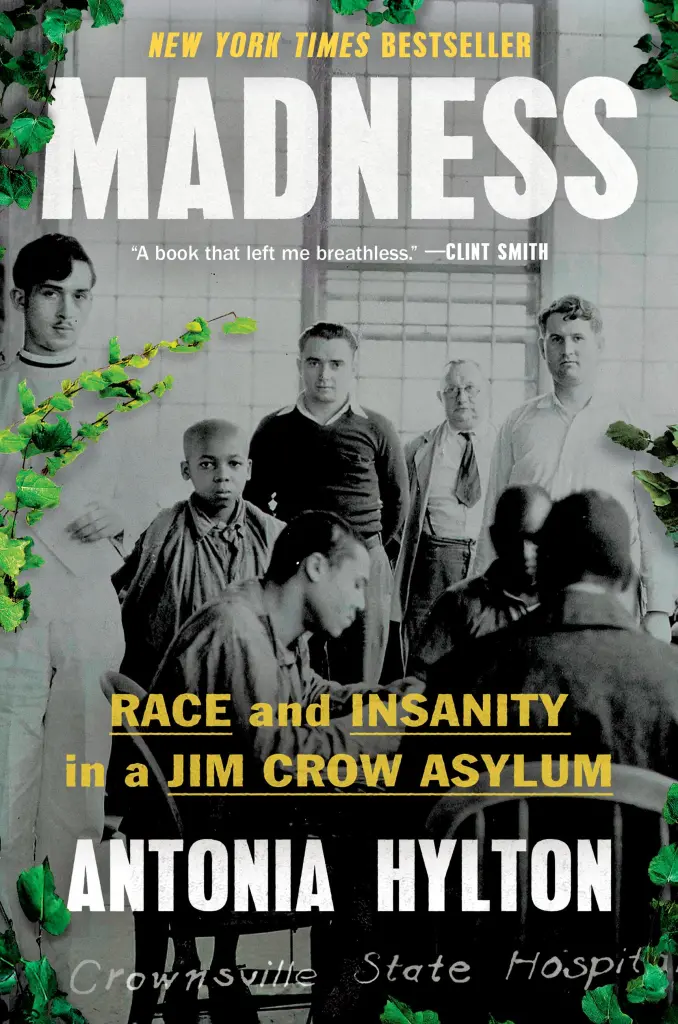
The Trouble With Psychiatry
Would you be surprised if I told you that capitalism has created the medicalisation of normal life? Indeed, it has been so successful that almost 1 in 5 adults in the UK are taking an antidepressant medication. The trouble with psychiatry is that there is little proof for the efficacy of antidepressant medication.
“The number of antidepressants prescribed in England rose by 5.1% in 2021/2022 compared with the previous year — the sixth annual increase in a row. The latest increase means that the number of antidepressant items prescribed over the past six years has increased by 34.8%, from 61.9 million items in 2015/2016 to 83.4 million items in 2021/2022. Figures published by NHS Business Services Authority (BSA) also showed an increase in the number of people prescribed antidepressants from 7.87 million people in 2020/2021 to 8.32 million people in 2021/2022. According to the latest population estimates from the 2021 Census, published on 28 June 2022, this suggests 14.7% of the population in England — which totals 56.5 million people — received at least one prescription item for antidepressant drugs in 2021/2022.”
In Australia, 4.5 million patients were prescribed medication for a mental health related condition in 2020-21. 73.1% of these were for antidepressants. This is 1 in 5 Australian adults taking a pharmacological medication for mental health and these are antidepressants in most cases. (https://www.aihw.gov.au/reports/australias-health/profile-of-australias-population)
In the United States, 83.4 million prescriptions for antidepressants were filled in 2021-22. This was increase of 34.8% over the past 6 years.

Psychiatry & Pharmacology
by Robert Sudha Hamilton
In all of these figures you get the idea that we are talking about a lot of human beings and a lot of antidepressant medication. The selective use of studies and certain parts of these studies by pharmaceutical manufacturers in promoting their drugs is quite astounding. The truth is that placebos are shown to be just as effective in many studies, indeed, more effective in some tests. The results of these negative studies are not, however, backed by a sector worth hundreds of billions of dollars annually and therefore rarely see the light of day. Negative research results of drugs are buried and do not get published. The medical journals are complicit in this sleight of hand by their willingness to publish such a biased selection of research results.
“Many medical journals have a substantial income from pharmaceutical companies from the purchasing of advertising and reprints and the sponsoring of supplements. Is this funding corrupting journals?
Free newspapers for doctors depend completely on income from pharmaceutical advertising, but many journals also depend heavily on such advertising.
The advertising is often misleading.
Editorial coverage is much more valuable to drug companies than advertising, and scientific studies can be manipulated in many ways to give results favourable to companies.
Many medical journals have a substantial income from supplements and reprints paid for by drug companies”.
- (Richard Smith, BMJ editor, 2003)
The pharmaceutical industry has medicalised ordinary life by encouraging doctors and psychiatrists to prescribe chemical solutions for quite normal human states of being.
This sector has infiltrated every part of the medical establishment by funding individuals and institutions in return for their tacit compliance in promoting these drugs. Government agencies have sat back and done nothing, as the incredible growth of big pharma has overwhelmed every layer from diagnosis to the dispensing of pharmacological medications. Monitoring bodies and inspectors have been overcome through the flood of money generated by a business worth hundreds of billions of dollars annually.

Psychiatry Turning Normal Life Into The Abnormal
Children are now being prescribed these pharmacological medications, as the once natural stage of growing pains is subsumed by a medical diagnosis and chemical solutions. Once you have a profit driven business at the heart of the medical establishment shareholders quickly become more important than patients. The drug companies generously endower those making the diagnostic decisions in psychiatry. The DSM-5 is the diagnostic bible for psychiatrists and mental health practitioners in the Western world.
“The Diagnostic and Statistical Manual of Mental Disorders, Fifth Edition, Text Revision (DSM-5-TR) features the most current text updates based on scientific literature with contributions from more than 200 subject matter experts. The revised version includes a new diagnosis (prolonged grief disorder), clarifying modifications to the criteria sets for more than 70 disorders, addition of International Classification of Diseases, Tenth Revision, Clinical Modification (ICD-10-CM) symptom codes for suicidal behavior and nonsuicidal self-injury, and updates to descriptive text for most disorders based on extensive review of the literature. In addition, DSM-5-TR includes a comprehensive review of the impact of racism and discrimination on the diagnosis and manifestations of mental disorders. The manual will help clinicians and researchers define and classify mental disorders, which can improve diagnoses, treatment, and research.”
The organisation behind this diagnostic manual is deeply entwined through financial relationships with big pharma. Sponsorship of individuals and institutions is rife throughout psychiatry and there is little transparency about this. Dr James Davies, a medical anthropologist, has written extensively on the origins of the DSM and the problems apparent within the psychiatry sector.
Psychiatry Makes Up Mental Disorders Listed in DSM
He states, that psychiatry has reclassified the normal as abnormal.
The number of disorders in the DSM has more than tripled from some 100 to more than 300 plus in a couple of decades, which is the fastest expansion of medical disorders ever seen. These disorders do not have neurobiological causes in the main. Only a few conditions are recognised as having organic pathological roots. The vast majority do not have known biological causes and are therefore defined on the recommendations of a small coterie of psychiatrists. There is no scientific proof for these agreed upon mental disorder classifications in the DSM. There is very little scientific research underpinning the diagnostic labels listed in the highly influential diagnostic tool the DSM.
It is important to understand the model that has been established by psychiatry in America, Australia, and the UK. Psychiatrists at the top of their hierarchical tree, who are generously funded by the drug companies that make these pharmacological medications, decide on the recognised disorders, which go into the DSM. The studies into the efficacy of the drugs like SSRI antidepressants are funded by the drug companies. The academic researchers leading these studies have their careers endowered by big pharma and without this funding would struggle in obscurity. The medical journals that publish the results of this research are heavily dependent upon the advertising and sponsorship from the drug companies. The material published is very selective, with only positive sounding excerpts from studies supporting these drugs getting published in the main. These published results are heavily promoted by big pharma to doctors, pharmacists, and psychiatrists via their sales representatives. They will buy up large volumes of the journals to distribute to prospective clients, this is another vital revenue stream for the publishers of the medical journals. The DSM is also bought up by the drug companies in large volumes for distribution to psychiatrists and medical practitioners.
How The Game of Psychiatry is Played
You can see how the game is set with the disorders defined by a select coterie of psychiatrists and this goes into a diagnostic bible for the entire profession.
Then, the treatment for such disorders are provided by the drug companies and the scientific proof of the efficacy of these drugs are conducted by academic researchers. The testing and studies are funded by the drug companies. The respected medical journals, which carry the research, are funded by these pharmacological giants. The material is distributed by the sales teams of the drug companies to the frontline medical fraternity.
Step 1. Create the problem.
Step 2. Come up with an antidote for the problem.
Step 3. Provide scientific proof.
Step 4. Control the carrier of this proof.
Step 5. Distribute this material to doctors & retailers.

Chemical Solutions & Chemical Restraint
Chemical solutions are taking over the world. Chemical restraint is being used in the institutions which house the mentally ill. Chemical restraint is being widely employed in aged care facilities. Chemical restraint is used in the disability sector, with the intellectually disabled being controlled in this manner when required.
“In Australia, psychotropic medication to manage challenging behaviour (CB) in adults with intellectual disability (ID) in the absence of diagnosed mental illness is conceptualized as ‘chemical restraint’ (CR).”
- (chrome-extension://efaidnbmnnnibpcajpcglclefindmkaj/https://disability.royalcommission.gov.au/system/files/2020-09/EXP.0040.0003.0001.pdf )
The argument will be voiced that this is used as a measure of last resort. but in actual fact, economic considerations driving understaffing makes chemical restraint a far more prevalent policy in institutions around the globe. Out of sight is out of mind of the general populace. Many of these individuals are traditionally put in the too hard basket by our societies and governments. Unless we have a relative or loved one being treated in this way most of us are indifferent to the plight of these sections of our populations.

The disorders created by psychiatry are labelled thus on cultural determinants and not scientific ones. Homosexuality up until the 1970s was a defined mental disorder in the DSM.
“In 1973, the American Psychiatric Association (APA) removed the diagnosis of “homosexuality” from the second edition of its Diagnostic and Statistical Manual (DSM). This resulted after comparing competing theories, those that pathologized homosexuality and those that viewed it as normal. In an effort to explain how that decision came about, this paper reviews some historical scientific theories and arguments that first led to the placement of homosexuality in DSM-I and DSM-II as well as alternative theories that eventually led to its removal from DSM III and subsequent editions of the manual. The paper concludes with a discussion of the sociocultural aftermath of that 1973 decision.”
The trouble with psychiatry is that it operates in a pseudo-scientific realm and always has. The credibility and respect it has achieved over the last couple of decades has been done on the back of drug company money.
Hundreds of millions of dollars have bought academic departments at universities and their funded research has burnished the reputations of psychiatrists and their profession. The medical establishment and mental health institutions have been massaged and moulded by vast amounts of funding. Global big pharma is currently adjudged as being worth some $1.48 trillion. The complete framework surrounding the profession of psychiatry has been paid for by the pharmaceutical corporations over decades.
Globally big pharma spends around $38 billion on advertising per year, as of 2022.
“Big pharma spends more money on advertising for drugs that have lower health benefits for patients, according to a study published in JAMA on Tuesday, shedding new light on the almost uniquely American practice amid fierce debate over whether direct-to-consumer prescription drug ads should be banned.”
- (Robert Hart, Forbes Business, 7 Feb 2023)
You have to realise that when such a large monetary force is actively promoting pharmacological solutions for every human condition experienced as difficult and/or painful, then the frightening increases we are witnessing in the prescribing of antidepressants is logical. No one is meeting this force with any effective checking. Government agencies are outspent by 1 000 to 1 or more every single day. Doctors and health professionals are inundated with positive affirmations, gifts, and manipulated published evidence purporting to be scientific proof regarding the efficacy of these drugs. It is a rigged game.

A patient sees a doctor or psychiatrist and presents with a mental health condition. The chances of walking out of that appointment with a prescription for an antidepressant are something like 95%. Mental health and the expectations around how we feel are cultural. There is no scientific bar or measure that defines how we should feel. A medical establishment that is structured almost entirely around pharmacological solutions will always prescribe medications for problems. Prescribing a pill is the raison d’etre for the medical edifice in our modern world.
Antidepressant studies into their effectiveness are focused on their short term use of around 6 to 12 weeks. However, most people taking antidepressants stay on them for 6 months or, indeed, for years in quite a number of cases.
There is a vast industry pumping these pills out and promoting them at every level of the psychiatric realm within the medical establishment. Doctors are prescribing these medications with such frequency because around 1 in 5 Australians report mental health problems every year. People are becoming more aware of their mental health, which is a good thing. However, if the medical fraternity respond with – take a pill. Then, understanding and managing one’s own mental health is not best served. A preferable pathway is to undertake a program of behavioural treatments under the supervision of a psychologist. Psychiatry is so deeply embedded with pharmacological solutions to all states of mind it rarely supports non-chemical solutions to mental health issues. Economics comes into this, of course, with pill taking appearing to be the easier and cheaper solution to mental health conditions. Government subsidies in health are predominantly designed around the taking of medications. The convenient option is a favourite of our modern era and this feeds into the pill popping culture exploding around us at the moment.
There is no overwhelming evidence supporting the pharmacological solutions for mental health, in particular for SSRI antidepressants, it just does not exist when you really examine it.
It is highly selective, and even then, it is only minutely more effective than placebos in most cases. What there is, is a massive, highly primed machine promoting these drugs to doctors, psychiatrists, and mental health facilities. This overwhelming force is spending millions of dollars every day to put these drugs front and centre for medical professionals to recommend to their patients. Governments are complicit in being bought off by the multinational pharmaceutical corporations, as they stand back and let things rip. Belief in the pharmacological solution is bought by this massive investment across the board. The trouble with psychiatry is fundamentally its complete dependence upon the pharmacological industry. It has no objective identity and/or integrity apart from the drug companies making their treatments. These pharmacological treatments are for disorders defined by our cultural sensibilities, which are agreed upon by a few influential psychiatrists funded by the drug companies.
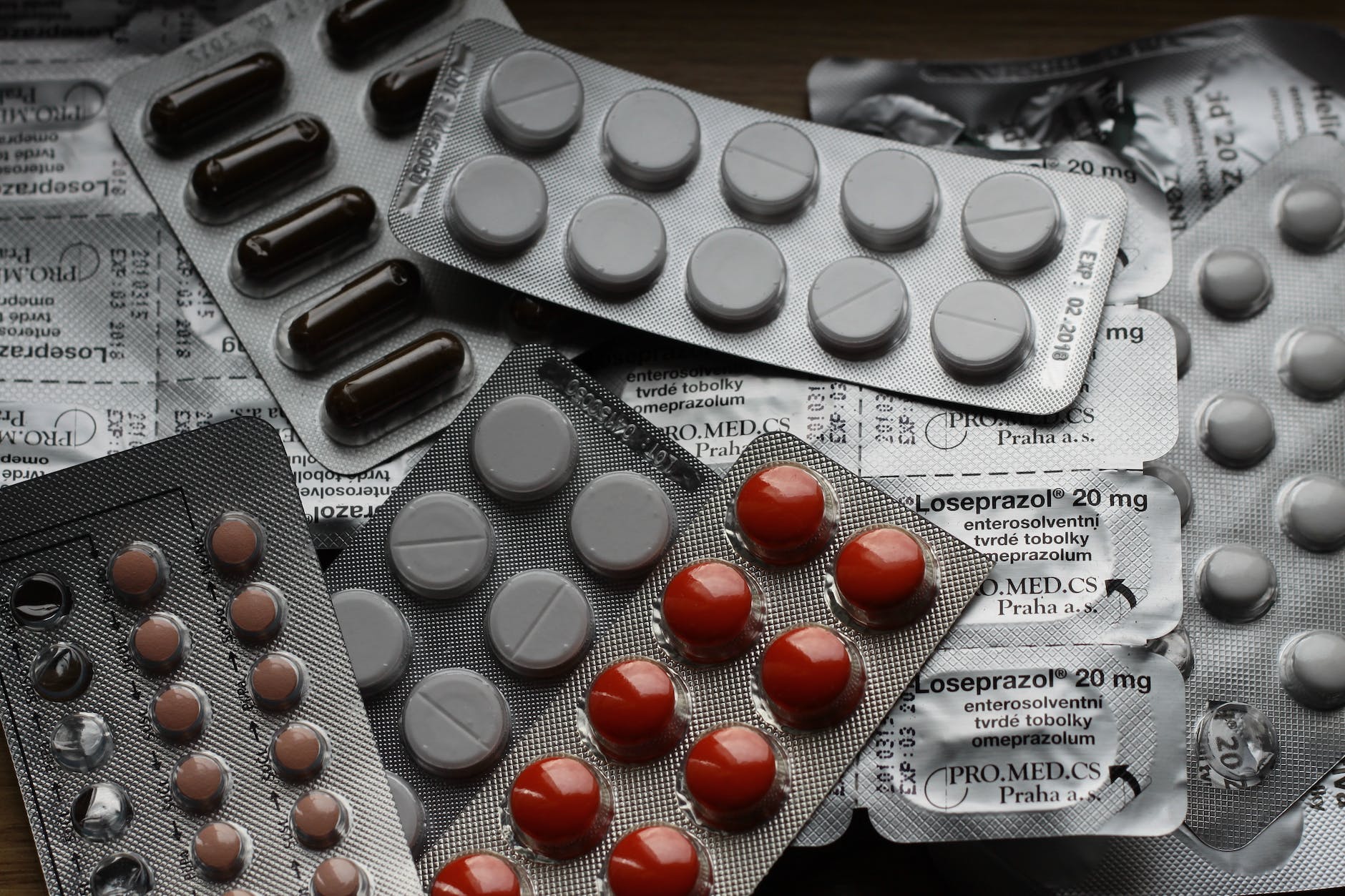
Side Effects Of SSRI Antidepressants
“However, questions about the safety and tolerability of SSRIs have emerged with their continued use. For example, in the original placebo-controlled clinical trials of fluoxetine in depressed patients, sexual dysfunction was reported in 1.9% of trial participants receiving fluoxetine. However, postmarketing clinical trials have reported rates of sexual dysfunction as high as 75%.
The interference in sexual functioning caused by SSRIs is quite complicated, possibly involving nitric oxide. The effect appears to be attributable to stimulation of postsynaptic 5-HT2 receptors, possibly in the spinal cord. Clinically, the effect can manifest as decreased libido, male impotence, delayed ejaculation, or anorgasmia. “
Sexual dysfunction with users unable to achieve orgasm and some men having erectile difficulties are widely reported. What price happiness hey?
Human Happiness Inside A Pill Bottle
Does society and government think that it is easier to change the individual than the circumstances in which the individual lives? If someone is unhappy about their lot in life, well, prescribe them a mood altering pill as a quick and cost effective solution. Is this the brave new world in which we live? Difficult children? Our economy demands that both parents work, especially if they are trying to own their own home. Parents don’t have time to devote the necessary hours each week to properly parent a challenging child, so, put them on drugs instead. A chemical solution or chemical restraint?
“Happiness underlying factors are considerable from two dimensions: endogenic factors (biological, cognitive, personality and ethical sub-factors) and exogenic factors (behavioral, socialcultural, economical, geographical, life events and aesthetics sub-factors). Among all endogenic factors, biological sub-factors are the significant predictors of happiness. Existence of significant differences in temperament and happiness of infants is an indicator of biological influences.”
- (Dfarhud D, Malmir M, Khanahmadi M. Happiness & Health: The Biological Factors- Systematic Review Article. Iran J Public Health. 2014 Nov;43(11):1468-77. PMID: 26060713; PMCID: PMC4449495.)
The very idea that human happiness can be manipulated via chemical solutions for apparent imbalances within the brain has been discredited of late. Again, this earlier thinking in neurological circles can be attributed to drug company funding in academic institutions and scientific medical institutions. The pervasive influence of big pharma money is everywhere and there is a real lack of transparency within these academic institutions.
Dr. Joanna Moncrieff identifies the pervasive morphing of society’s understanding of psychiatric drugs from a drug centred model to a disease centred model. This has occurred via the influence of pharmaceutical company marketing, where the language used in promoting the application of these drugs has shifted from the drugs to the disease. A drug becomes an antidepressant. A tranquiliser becomes an antipsychotic. A stimulant becomes an anti-ADHD medication for children. The focus shifts from the drug to the disease or disorder. This has been led by the marketing of these drugs to health professionals and in America to the general public. Academic studies funded by big pharma into the efficacy of these drugs on mental disorders led the way on this. The results of these studies have been highly questionable and in no way have shown definitive results.
“Antidepressants, in particular newer agents, are among the most widely prescribed medications worldwide with annual sales of billions of dollars. The introduction of these agents in the market has passed through seemingly strict regulatory control. Over a thousand randomized trials have been conducted with antidepressants. Statistically significant benefits have been repeatedly demonstrated and the medical literature is flooded with several hundreds of “positive” trials (both pre-approval and post-approval). However, two recent meta-analyses question this picture. The first meta-analysis used data that were submitted to FDA for the approval of 12 antidepressant drugs. While only half of these trials had formally significant effectiveness, published reports almost ubiquitously claimed significant results. “Negative” trials were either left unpublished or were distorted to present “positive” results. The average benefit of these drugs based on the FDA data was of small magnitude, while the published literature suggested larger benefits.”
- (Ioannidis JP. Effectiveness of antidepressants: an evidence myth constructed from a thousand randomized trials? Philos Ethics Humanit Med. 2008 May 27;3:14. doi: 10.1186/1747-5341-3-14. PMID: 18505564; PMCID: PMC2412901.)
An industry spending billions of dollars to promote and market their products as the chemical solution to mental illness has changed the way we think about psychiatric drugs. The drug companies have established the myth of the chemical cure and the false understanding that those taking their drugs have a chemical imbalance in their brains. There is no scientific evidence for this widely held presumption around mental illnesses.
It was long thought that the human brain was like a machine, wonderfully complex, but set in its ways like all machines. Neuroplasticity has changed that thinking.
“the revolutionary discovery that the human brain can change itself, as told through the stories of the scientists, doctors, and patients who have together brought about these astonishing transformations. Without operations or medications, they have made use of the brain’s hitherto unknown ability to change. Some were patients who had what were thought to be incurable brain problems; others were people without specific problems who simply wanted to improve the functioning of their brains or preserve them as they aged. For four hundred years this venture would have been inconceivable because mainstream medicine and science believed that brain anatomy was fixed.”
- (The Brain That Changes Itself Stories of Personal Triumph from the Frontiers of Brain Science NORMAN DOIDGE, M.D.)
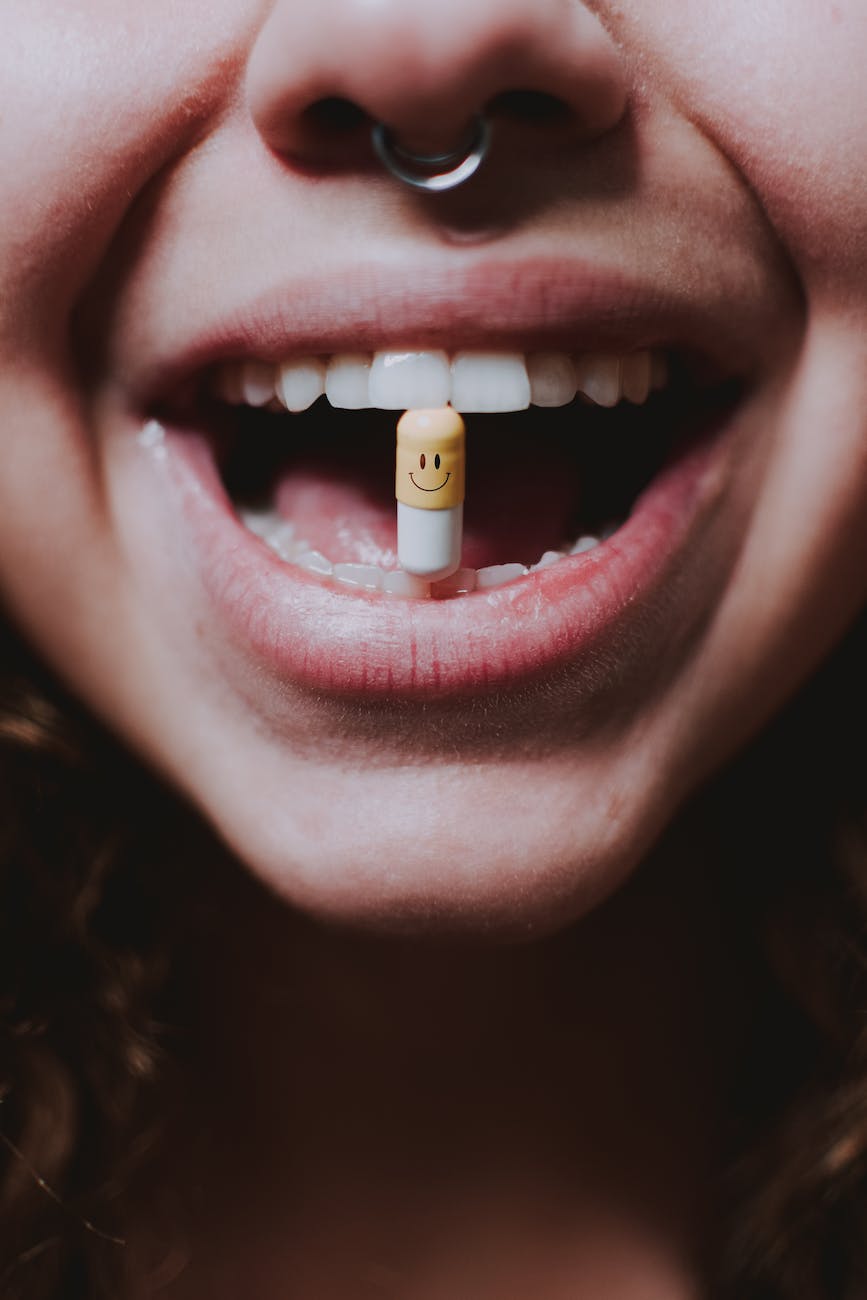
I find the very idea that human beings can present to medical professionals like psychiatrists and convey their unhappiness and mental/emotional pain and immediately be prescribed a chemical solution as fairly appalling. We can all experience some bad times in our lives, it is part of being human, in my view. Sometimes, we get ourselves into these bad situations and need to get ourselves out of them. Perhaps, with the help of a professional counsellor to advise the best course of action. Action being the key word here. Sometimes our lives demand change and deteriorating mental health is a clear sign of this. If we do not listen to the signs and respond accordingly we are, in my opinion, derelict in our personal duty to ourselves and our own mental health. However, being encouraged to take a pill instead is appalling in my view. There are, of course, certain cases where medication can be an appropriate measure but this should be after things like exercise, diet, lifestyle change, and behavioural psychology have been exhausted as treatments. We live in an era where quite the reverse is true, and the pill is the first port of call. Patients, often, go through a period of trying various different medications and antidepressants – until they find the right one for you. This is acclimatisation and grooming, in reality, as the individual gets used to the idea of being dependent upon a drug and its various effects and side effects. The human brain is an incredibly powerful tool and will adapt to whatever it is subjected to. Human beings would be best served by health professionals empowering individuals to make the necessary changes to their lives to inspire better mental health. The belief that the doctor has all the power is a delusion but a powerful one. Drug companies exploit this collective delusion and make enormous profits on the back of it. We all go through various life cycles and stages, it is the natural way of things. However, modern urban man and woman are so divorced from the natural cycles of their life and life in general that we are all prey for the mood altering alchemists in white lab coats promising everlasting happiness. Ever lasting happiness is not a natural state and does not actually exist outside of pharmacological manipulations of neurotransmitters and hormonal states.
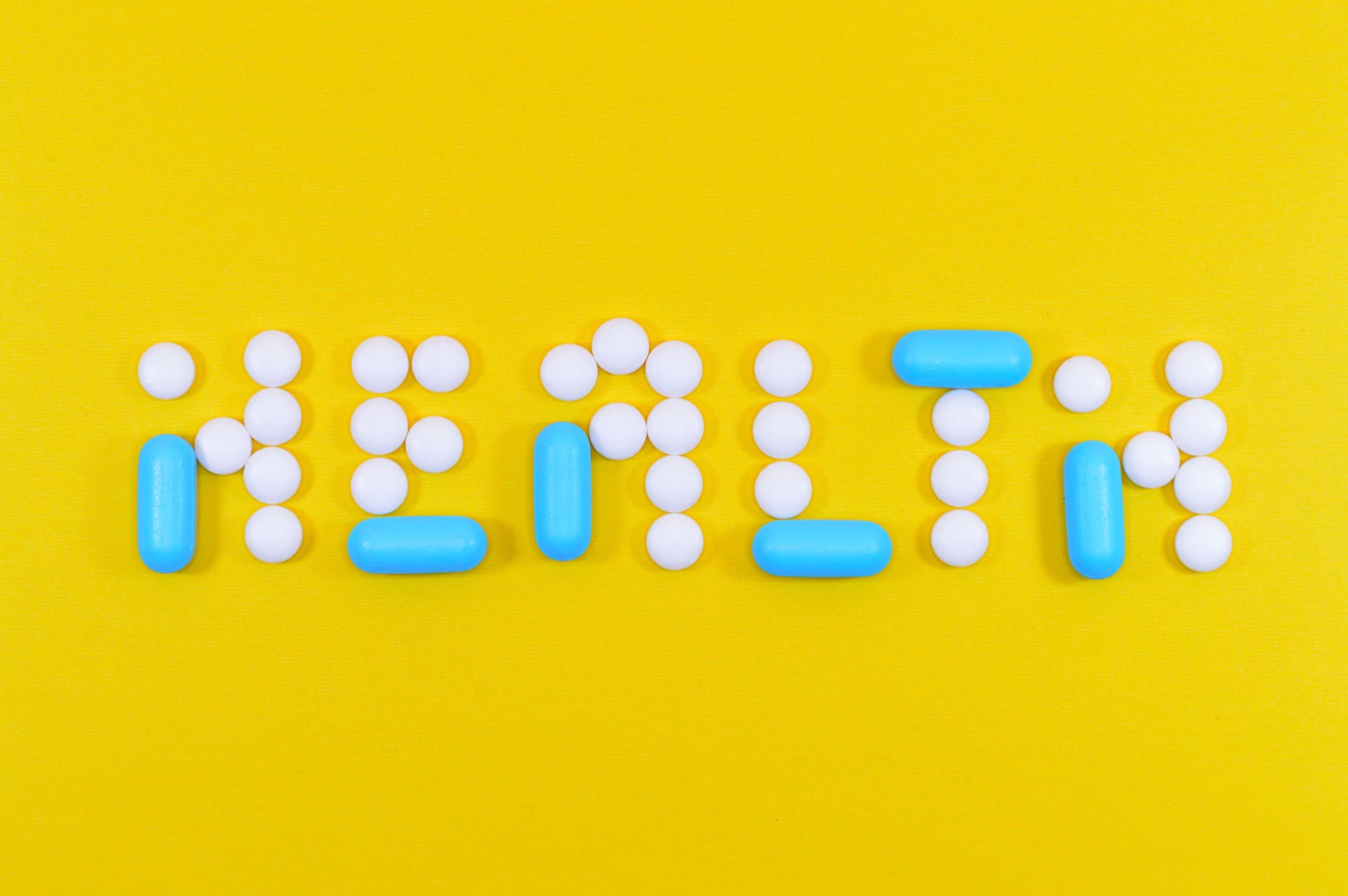
I would proffer the advice that if you can manage to avoid taking antidepressants without suffering serious consequences I would recommend you do so. If you are already taking them I would remind you that these things were designed for short bursts and not long term consumption. I would seek professional help for a gradual weening off them. We all are best served by taking control of our own brain health and health in general. Human pain in its various manifestations is not your enemy. It can be an indicator, a road map for you to follow out of your current circumstances. Ultimately, we are all responsible for ourselves. It can take time to come to terms with this fact. Learning to listen to our best selves is a journey through our lives. It is no quick fix.
Some of us get stuck in relationships within families and elsewhere that do not serve our best interests. Sometimes, individuals go and see a medical professional and rather than rock the boat by breaking free of these unhealthy relationships they get medicated instead. Chemical solutions can be band aids that make things worse and people can get more and more lost. Drugs can take you further away from yourself and who you really are. The system is set up to keep recommending and prescribing pharmacological treatments. This is why you can see some people taking a multitude of different medications, as they are prescribed more drugs for each manifestation of their deteriorating mental and physical health. Vulnerable individuals are falling victim to this spiral of drug pushing and ending up dying from it. Ultimately, the state will not take responsibility for your life. The more you give up your own agency the closer you are to falling victim to the machinations of capitalism, as it pumps out more and more chemical solutions for profit to its shareholders.
Health is not best served by this profit driven economic system. The trouble with psychiatry is that it lost its way a long time ago.
By Robert Sudha Hamilton
©House Therapy
-
The Stoic Golfer: Finding Inner Peace & Focus On The Fairway EPUB
Original price was: $11.99.$9.99Current price is: $9.99. -
The Stoic Golfer: Finding Inner Peace & Focus on the Fairway PDF
Original price was: $10.99.$9.99Current price is: $9.99. -
The Golf Book: Green Cathedral Dreams EPUB
Original price was: $10.99.$7.99Current price is: $7.99. -
House Therapy ebook by Sudha Hamilton EPUB
Original price was: $8.99.$5.99Current price is: $5.99. -
House Therapy by Sudha Hamilton ebook MOBI
Original price was: $8.99.$5.99Current price is: $5.99. -
House Therapy by Sudha Hamilton ebook in PDF
Original price was: $9.99.$5.99Current price is: $5.99.
